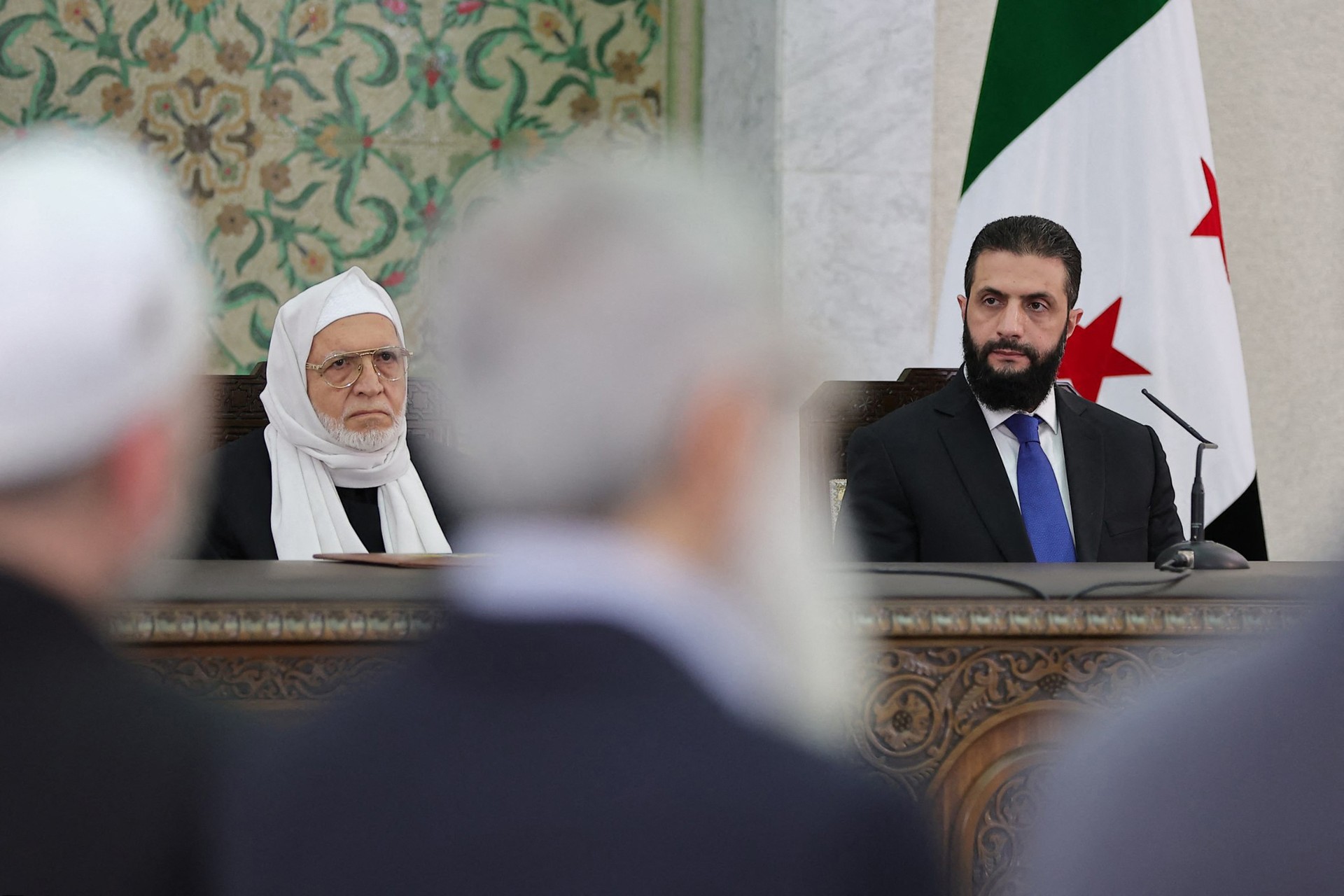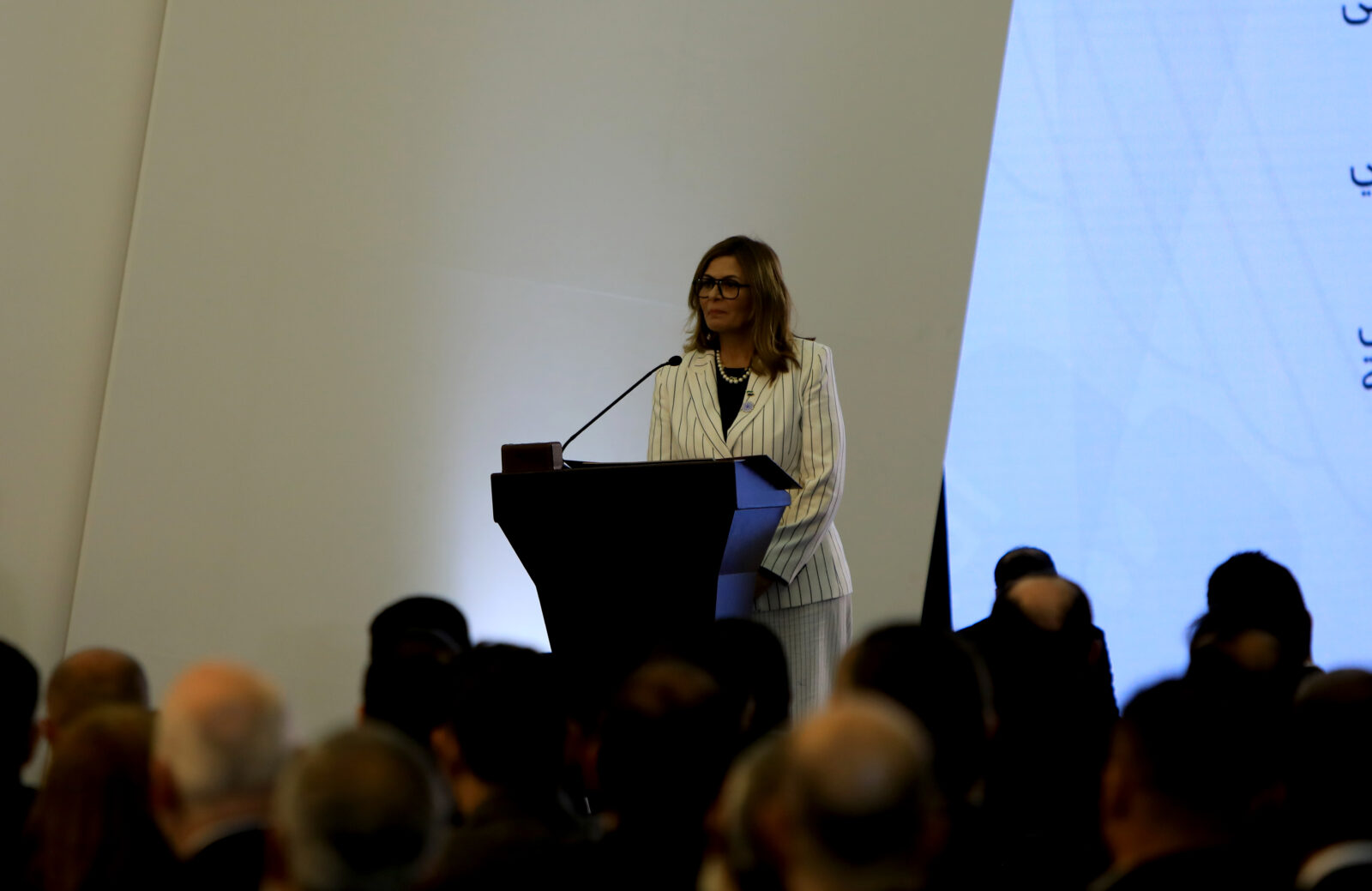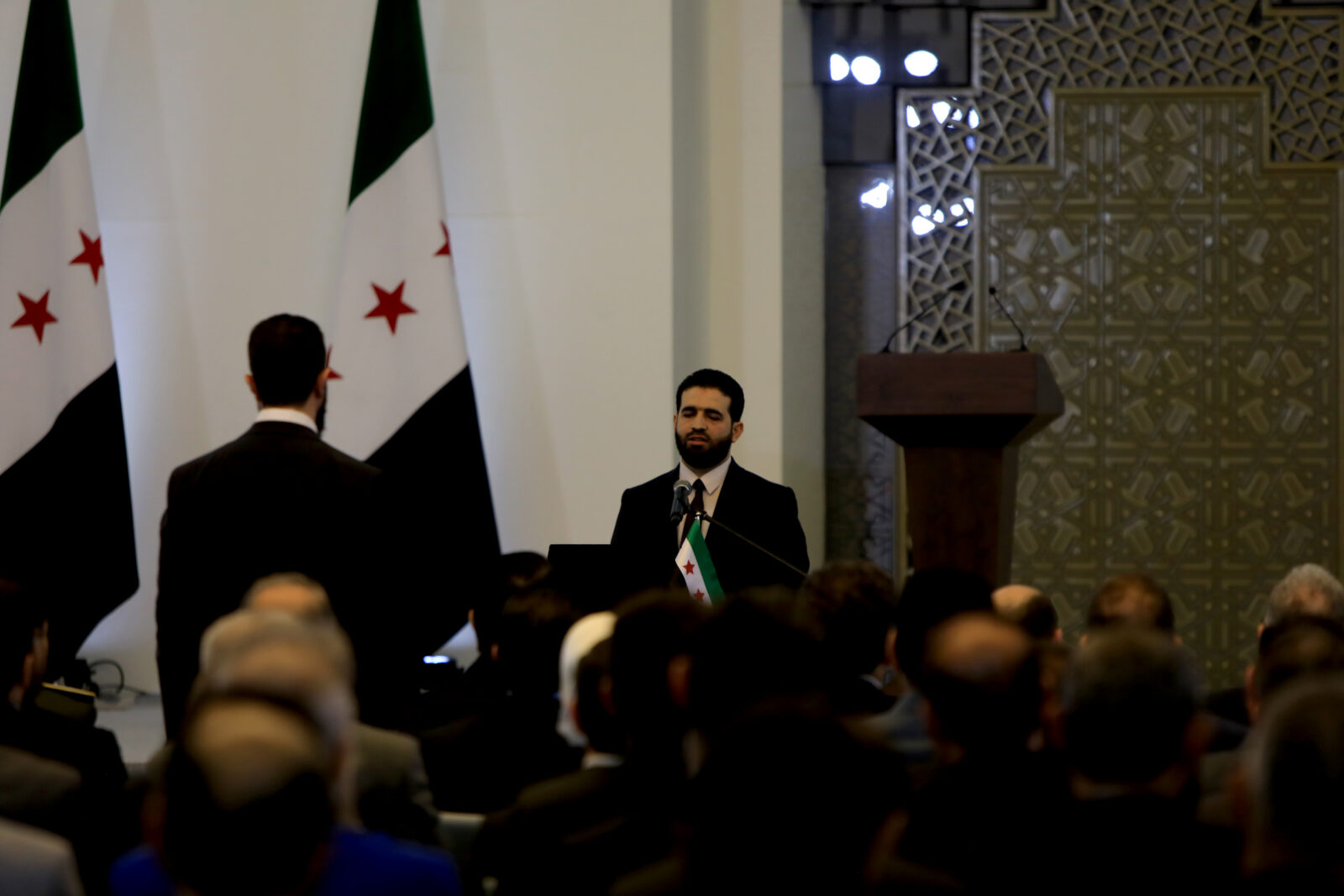
Following the collapse of the 61-year Baath regime, Syria has unveiled its first cabinet under President Ahmed al-Sharaa. A swearing-in ceremony for the newly appointed ministers was held at the People’s Palace in Damascus.
In his opening speech, President al-Sharaa declared, “Today marks the beginning of our journey toward the future we rightfully deserve. With strength from our past and unwavering determination, we embark on this new path.”
He emphasized his administration’s commitment to transparency and accountability in rebuilding state institutions. Addressing Syria’s deep-rooted economic and social challenges, al-Sharaa pledged to protect human rights, enhance fundamental freedoms, and improve education and healthcare to secure a better future for generations to come.
Together, we will rebuild our nation and prevent corruption from infiltrating our institutions. Justice is the foundation of everything, and this principle will guide every decision we make.
Sytia's President Ahmed al-Sharaa
Al-Sharaa reaffirmed his government’s dedication to reform and national progress, stating, “We are committed to leading this nation toward change and development. We will work tirelessly to uphold the trust placed in us by the people.”
The newly appointed ministers in President al-Sharaa’s government are as follows:

The new government includes representatives from various communities in Syria. Notable appointments include Hind Kabawat, a well-known figure from the Christian community, as Minister of Social Affairs and Labor; Amjad Badr, from the Druze-majority Suwayda region, as Minister of Agriculture; and Mohammed Abdulrahman Terko, from Afrin, as Minister of Education.
Additionally, Yarub Badr, who previously served as transport minister from 2006 to 2011 and hails from the Alawite-majority Latakia region, has returned to his former post.

A major shift in leadership is the appointment of Anas Khattab, the former head of intelligence, as Minister of the Interior, indicating a potential restructuring of the country’s security administration.
Meanwhile, the foreign and defense ministers have retained their positions, signaling continuity in Syria’s foreign and military policies.
This new government marks a pivotal moment in Syria’s political landscape, with a renewed focus on reform, transparency, and national reconstruction after decades of Baathist rule.